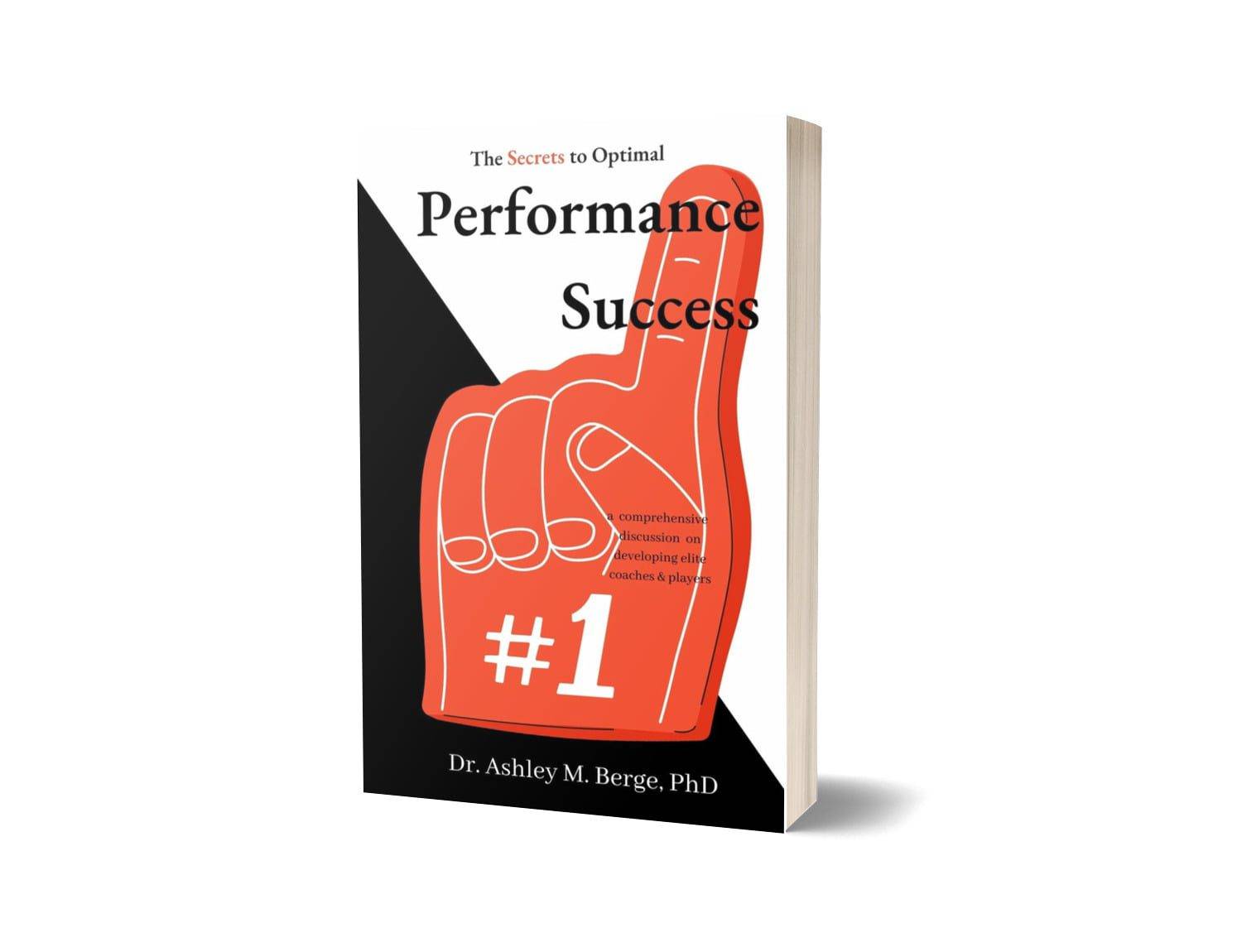
As we look towards removing the stigma around mental health and its varied connotations, flipping our language towards pressure whilst including the broader term is integral for moving the value of a players and/or athletes mental health forwards. No matter if you are a player, coach or parent — or are an individual for that matter, it is so fundamentally important to open the dialogue around mental health for what it means to and for you. When we look at the sporting spectrum, mental health has been around forever — as in, FOREVER. We typically refer to this as “Mental Strength” to “Mental Conditioning”. This has included visits to “sports psychologists” and those that fall near this discipline and it has been incredibly normal to do so for more than 25 years — WOW! And I say “WOW” because that’s when I first experienced a visit from a sports psychologist as a young player and how it was encouraged for us players and athletes to not only book these sessions in, but we were even given a presentation on its benefits.
Tell me what went wrong between then and now and the language around this topic? Tell me how when we move from outside the sporting arena, mental health takes a whole new meaning and is associated with negative stigmas irrespective of where you look?
Looking at this topic from a broader lens, the idea of pressure has been evident in sports forever. That’s right — pressure is a near constant when we’re looking at optimising our performances and the right balance can be incredibly rewarding. However, learning to deal with pressure remains fundamental to achieving this level of balance. Including conditioning around this in varied forms — on and off court to field or wherever you may be, begins to transition this topic from outside performance specific to. create a more life specific approach with variable offshoots but also, a more balanced outlook on a players/athletes life and what it entails — school/university through to family and friendship dynamics. Pressure is not always performance related and for those who do not play sport, this is a given. It comes in many shapes and forms and for some reason, as soon as you step off the court or field, it alters in its form to “mental health” with near dire consequences if this is a topic broaches with someone who does not understand nor see how common this topic really is (albeit for a change in terms).
Take a listen at this week’s episode on Mental Stability and pause for a moment to reflect on the language used inside the sporting spectrum and why this changes as soon as we step back into our ‘everyday’ life, irrespective what age and/or level you’re playing at and please leave your thoughts along with answering the episodes key question that can be found at the bottom of your screen when listening (only available on Spotify).
Listen now on Spotify, Apple, Google to Amazon Podcasts with all links at Beyond Top 10 Tennis.
















